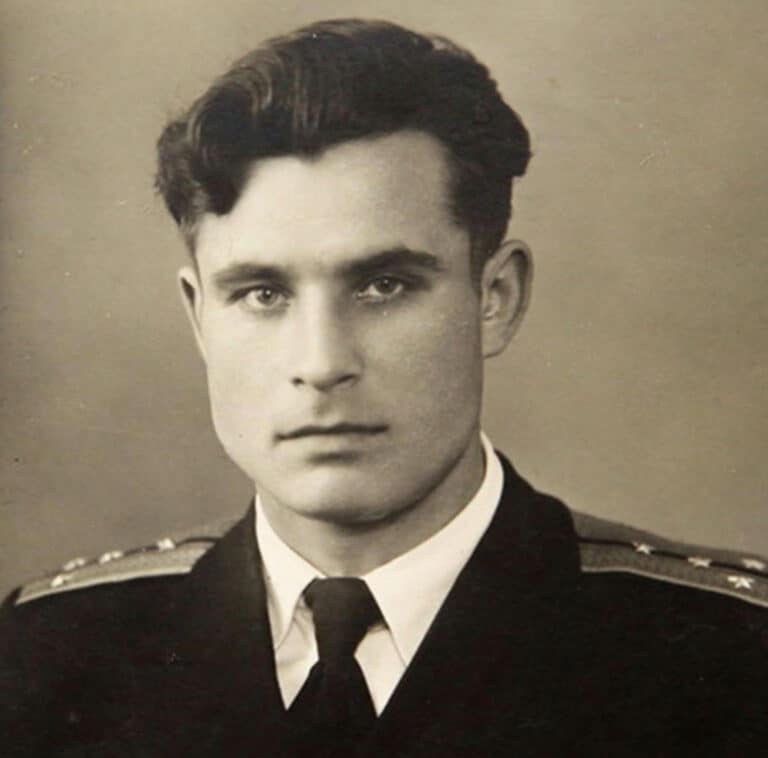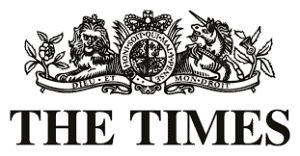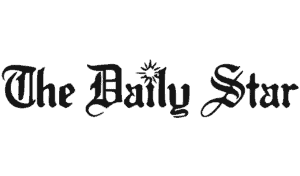Future Of Life Award 2022
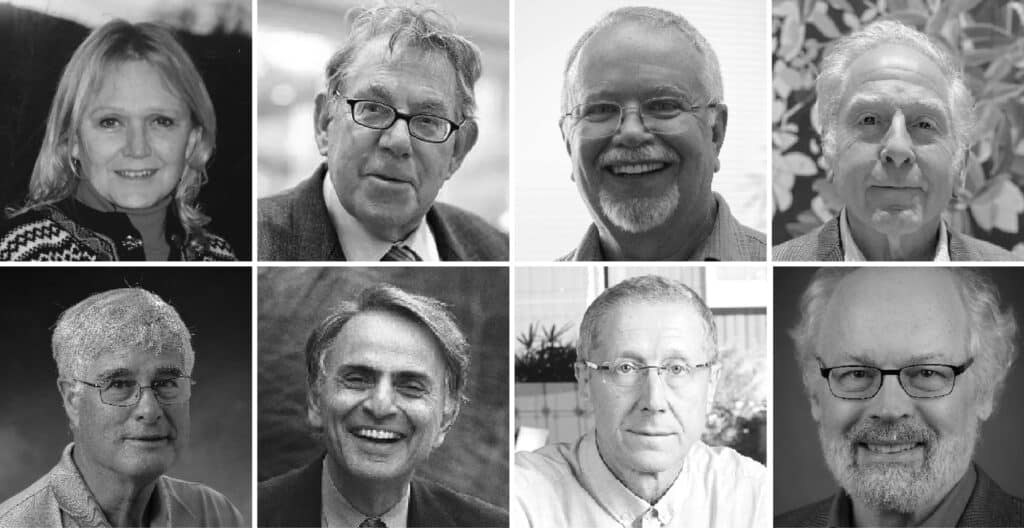
Contents
For reducing the risk of nuclear war by developing and popularizing the science of nuclear winter
The 2022 Award goes to eight heroes who helped to reduce the risk of nuclear war, by catalyzing, developing, and popularizing the science of nuclear winter. In the event of a nuclear war, smoke and soot, lofted into the stratosphere by nuclear firestorms and spread around the world by jet-streams, would block enough sunlight to create a ‘nuclear winter’, devastating global agriculture. Scientists predict that the resulting famine and civilizational collapse would kill most people on Earth.
For their contributions to the development and popularization of nuclear winter, we bestow the 2022 Future of Life Award upon…
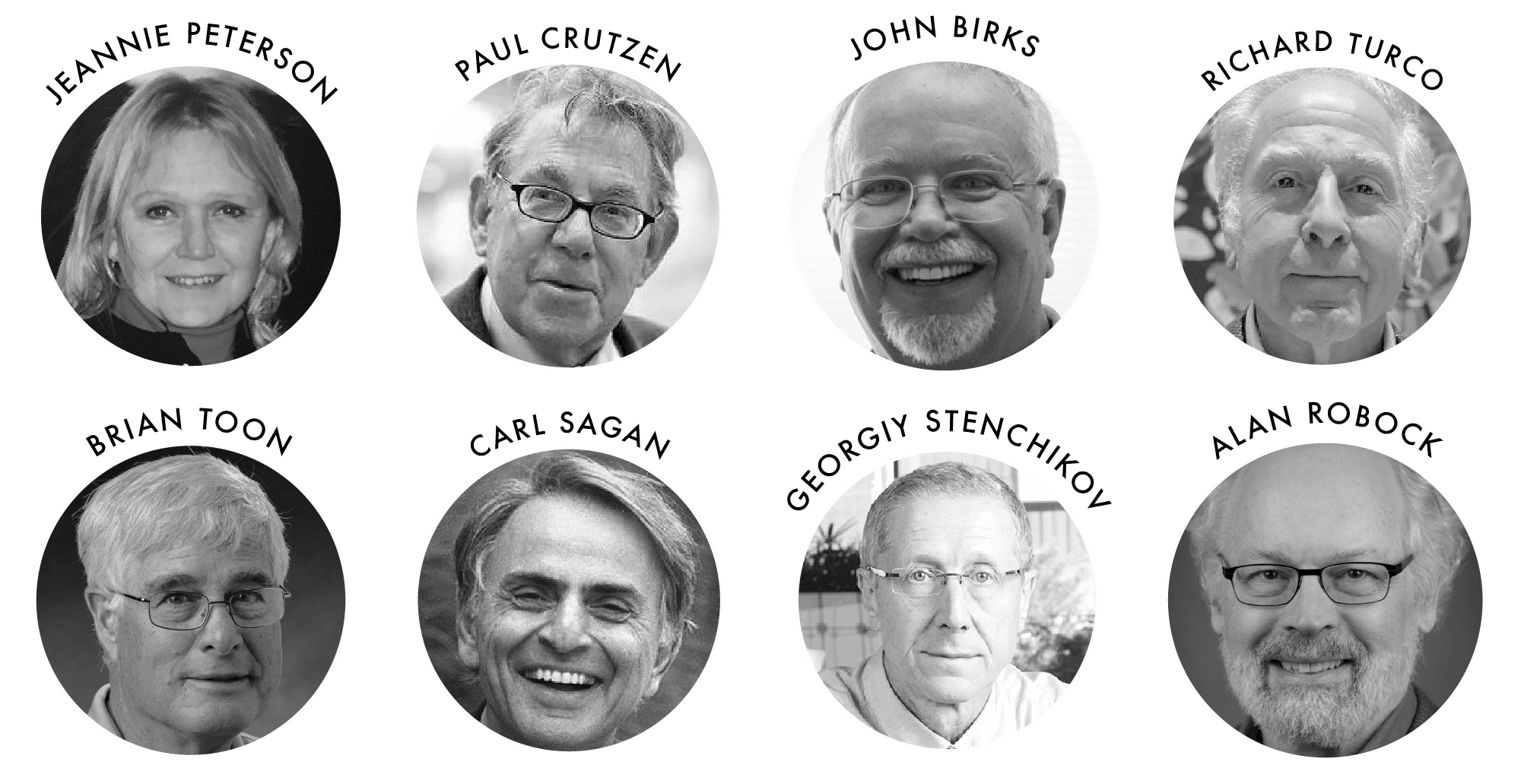
Discover the Story of Nuclear Winter
This video tells the story of this discovery. It’s a story of how the world learnt that nuclear war’s impacts were even worse than we previously thought, but it’s also a story of hope, of scientific discovery, collaboration and outreach bringing about positive political change. After all, it was the bilateral scientific acceptance of nuclear winter which helped persuade both Gorbachev and Reagan to reduce their nuclear arsenals.
Decades after that reduction of arsenals, Nuclear Winter has unfortunately faded from public consciousness. But by remembering the work of these pioneering minds, we can better inform future decisions and hold our leaders accountable.
Future of Life Institute Honours Nuclear Winter Pioneers
The Future of Life Institute (FLI) has presented John Birks, Paul Crutzen, Jeannie Peterson, Alan Robock, Carl Sagan, Georgiy Stenchikov, Brian Toon and Richard Turco with the Future of Life Award for their roles in discovering and popularising nuclear winter. We hope that drawing attention to these individuals’ work will help to refocus public discourse around nuclear weapons as governments meet to review the Treaty on the Non-Proliferation of Nuclear Weapons.
Nuclear winter is the severe and prolonged global climatic cooling likely to result from a nuclear war. Nuclear detonations over fuel-dense areas may start violent firestorms, lofting large quantities of soot and smoke into the stratosphere. State-of-the-art climate models suggest it would envelop the planet, blocking out sunlight. There it would remain for years, chilling the planet and devastating global agriculture.
In 1982, Peterson, then an editor of Ambio, commissioned and published the first body of research investigating the environmental consequences of nuclear war. This included Crutzen’s and Birks’ groundbreaking paper “The Atmosphere after a Nuclear War: Twilight at Noon”, which explained how soot lofted into the stratosphere by nuclear firestorms would block out sunlight. The paper was quickly followed by the seminal TTAPS paper, on which Turco, Toon, and Sagan were co-authors, introducing the nuclear winter hypothesis. A model produced by Soviet researchers, including Stenchikov, soon confirmed the TTAPS predictions. Turco, Toon and Sagan, along with Robock, himself a tremendously important nuclear winter researcher, also drove a public awareness campaign spanning decades.
Both Ronald Reagan and Mikhail Gorbachev credited the discovery of nuclear winter with helping end the Cold War nuclear arms race, thereby reducing the risk of nuclear conflict for decades. Beatrice Fihn, Nobel Laureate and Executive Director of the International Campaign to Abolish Nuclear Weapons, noted that “given the many close calls during the Cold War, by encouraging governments to pump the brakes on the nuclear arms race based on scientific knowledge about the catastrophic consequences of nuclear weapons use, this group of individuals might very well have saved the world by helping avert a nuclear conflict.”
Moreover, the discovery of nuclear winter drove further research into the effects of nuclear war, providing a more complete understanding of the risks. Whereas the risks were previously understood in terms of the immediate blasts and firestorms, radioactive fallout and electromagnetic pulse, it is now understood that most casualties would result from nuclear winter and its knock-on effects, such as global famine, epidemics and civil and geopolitical conflict. Such an understanding puts governments in a stronger position to mitigate those risks. This is of particular value now when, due to ongoing geopolitical tensions, the risk of a full-scale nuclear war is widely considered to be at its highest since the 1962 Cuban Missile Crisis.
“The current geopolitical conflict discourse is absurdly cavalier about nuclear war risk”, said MIT physics professor Max Tegmark. “The latest nuclear winter research confirms that Reagan was right when he said that a nuclear war cannot be won and must never be fought.”
The award ceremony took place against the backdrop of states meeting to review the Treaty on the Non-Proliferation of Nuclear Weapons, the cornerstone of the nuclear disarmament and non-proliferation regime. With this in mind, Tegmark added, “in these turbulent times, the more decision-makers understand about nuclear winter, the less likely they are to make reckless decisions that may cause it.”
Make a Nomination
Help us find our next unsung hero...
If you want to nominate someone for the Future of Life Award, please use the link below to access the registration page. Once registered, you will be able to submit your nomination with supporting links and documentation.
If we decide to give the award to your nominee, you will receive a $3,000 prize from FLI for your contribution.

Awards from other years
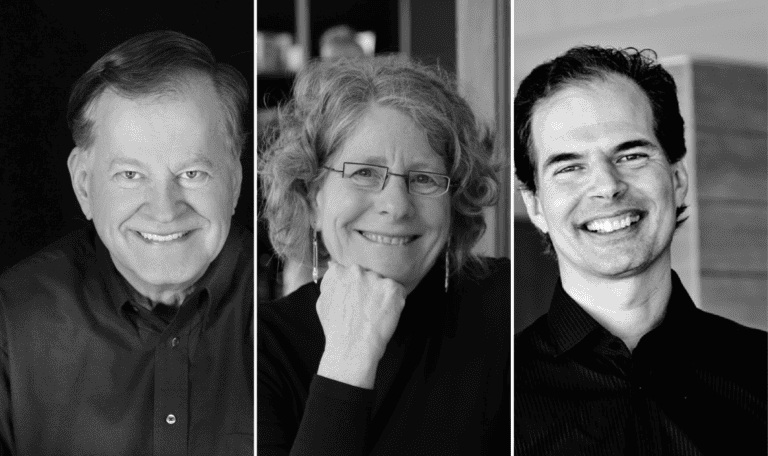
Future Of Life Award 2024
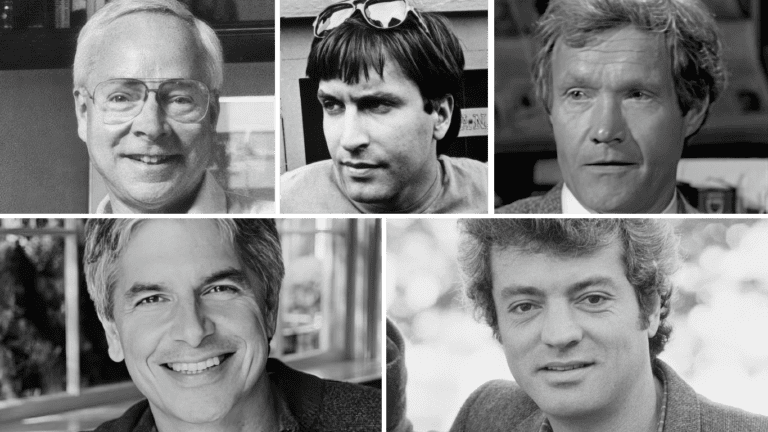
Future Of Life Award 2023
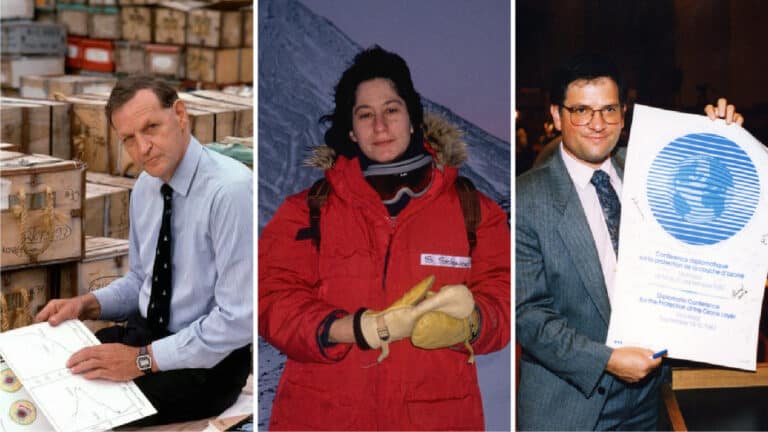
Future Of Life Award 2021
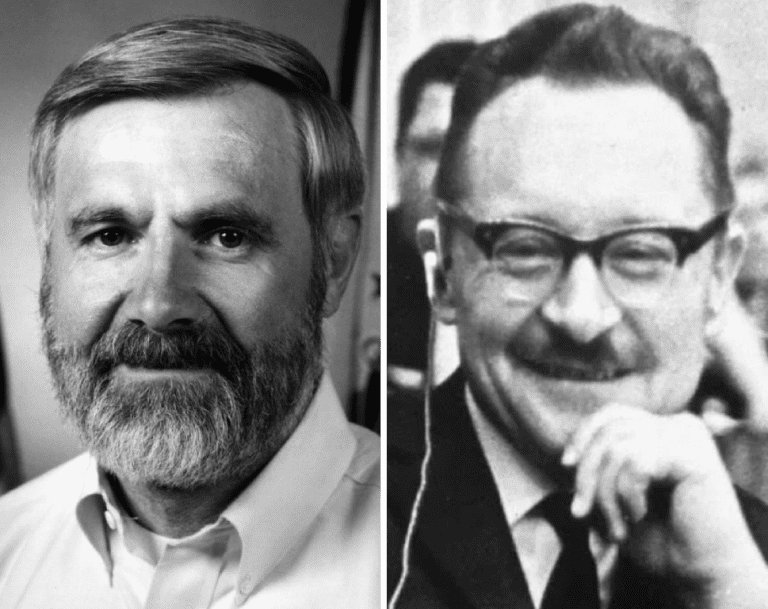
Future Of Life Award 2020
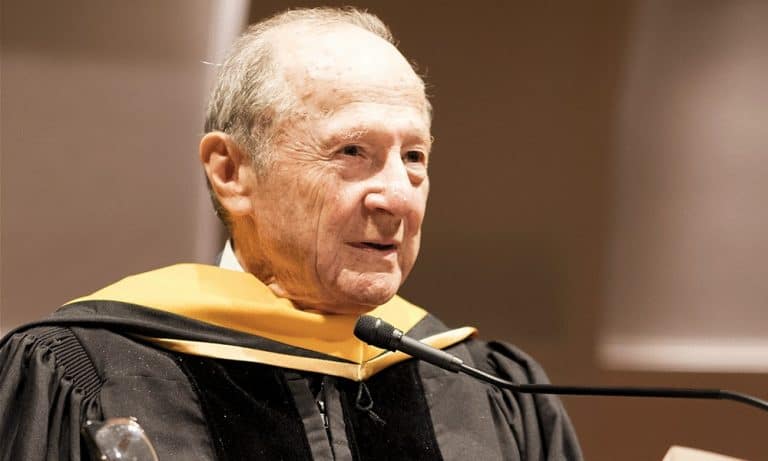
Future Of Life Award 2019
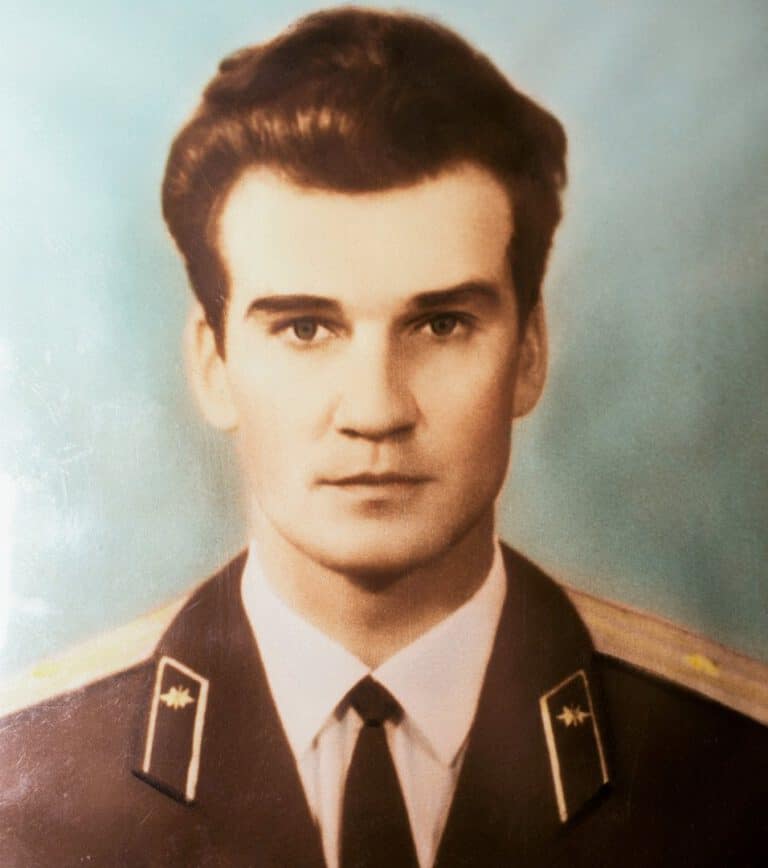
Future Of Life Award 2018
